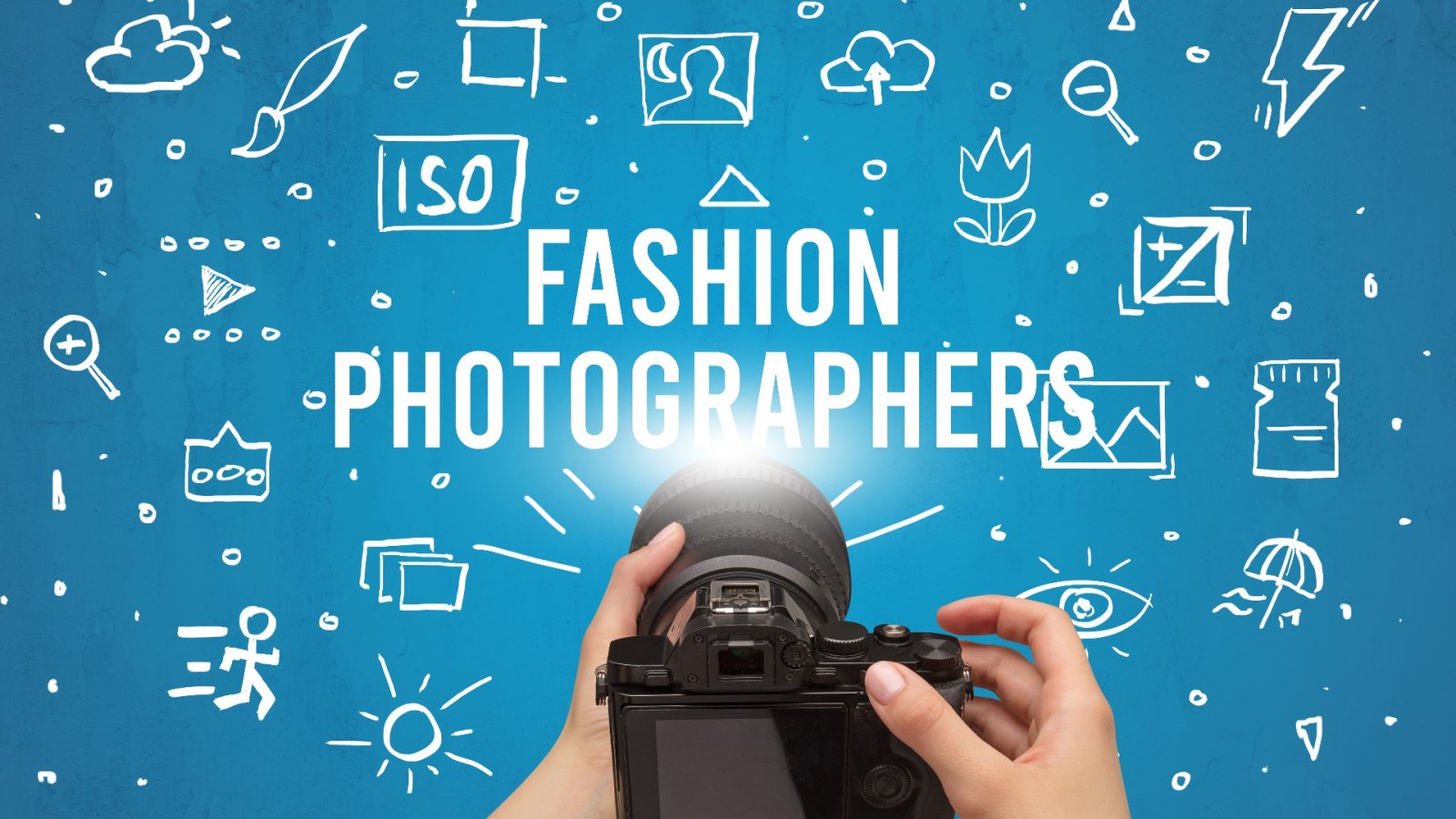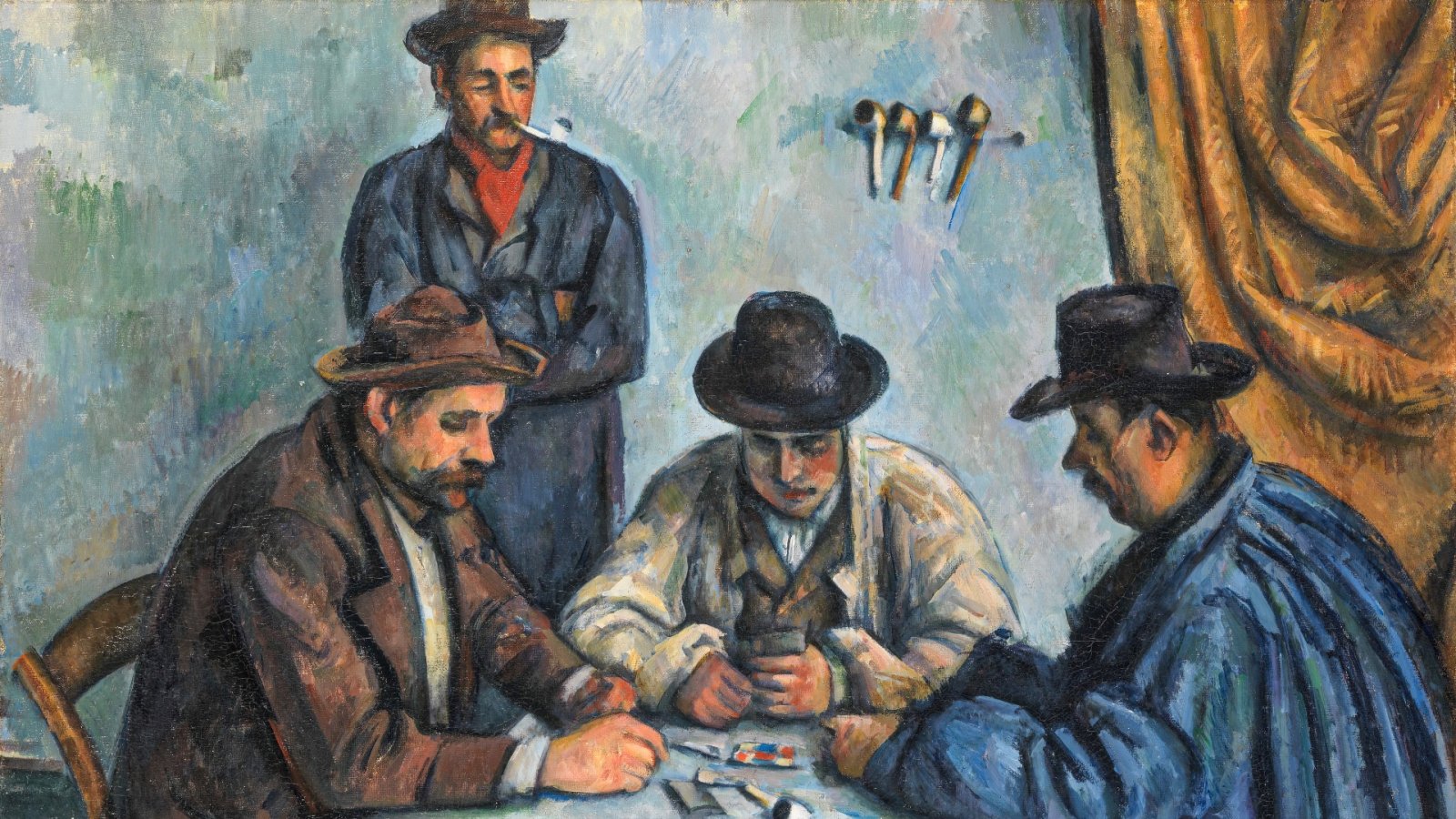One year of war has been having an impact on auction houses and art in general, while the US is prompting businesses to strengthen their approach to client background checks. It has been a year since the leading art market jurisdictions such as the US, UK, European Union, and Switzerland imposed sanctions on Russia as a response to the country's invasion of Ukraine. Enforcement of these sanctions and bans has been active lately. According to Bloomberg, federal prosecutors in New York recently issued subpoenas to several auction houses to obtain years of sales records as part of their ongoing efforts to identify Russian sanctions violators.
Some of the wealthy individuals named include Russian tycoons Andrey Melnichenko, Viktor Vekselberg, and Roman Abramovich, along with Ukrainian billionaire Ihor Kolomoisky. The auction houses involved in the investigation have not been disclosed, but the major companies claim that they conduct thorough background checks on their clients to ensure strict compliance with all relevant laws and regulations.
To avoid facing criminal charges and keeping up with the frequent updates to the sanctions lists, art businesses must closely monitor government legislation developments. Some art market participants even adopt a "belt and braces" approach to sanctions checks by double-checking their lists - first during the commitment to buy or sell, and then again just before making or accepting the payment.
Art advisers and dealers who travel across countries for fairs or other events face an additional challenge when it comes to sanctions compliance - they must comply with sanctions regulations in every country they transact. This requirement necessitates the art market participant to expand the scope of their checks beyond their home country's sanction list to include the list in the jurisdiction where the transaction occurs and possibly where their client is based. The government's response to the Russian invasion of Ukraine includes the use of luxury goods bans, which are another enforcement tool in their arsenal. These bans have been enforced in the EU, UK, US, and Switzerland. Similar to sanctions, luxury goods bans apply to all parties and not just regulated entities. These bans forbid the sale or supply of luxury goods priced above 300 euros in the EU, francs in Switzerland, pounds in the UK, and dollars in the US to parties in Russia or Belarus.
What’s more, in addition to the standard ban enforced in the EU, US, and Switzerland, the UK has an extra measure in place - it prohibits trade with any individual "connected" to Russia. Although the legislation doesn't precisely define "connected," it's likely that the term includes individuals living, working, and paying taxes in Russia, as well as those who spend a significant amount of time there. The more concerning aspect is the possibility that "connected" to Russia might also include Russians living and working in the UK but paying taxes in Russia. To avoid violating this ban, art market participants must ask clients personal questions before finalizing a transaction.
An unfortunate scenario involves artworks that were purchased by Russian clients before the war broke out but were not shipped before the sanctions were imposed. Such transactions are likely to remain unresolved for an extended period. While one can occasionally receive approval to engage with or act for a sanctioned party, art purchases are unlikely to fall under those exceptions. Licenses are typically issued for goods necessary for civilian use and diplomatic missions in Russia. In 2014, when Russia annexed Crimea, there was a surge of sanctions imposed against Russia. However, governments expanded their enforcement efforts to include "enablers" - individuals who assist others in bypassing sanctions - after discovering that the 2014 sanctions were circumvented. Previously, lawyers and accountants were viewed as enablers, but art advisers are now included among other professional advisers.
The traditional belief that the art market is the only unregulated market is no longer entirely accurate. In fact, a variety of laws such as sanctions and bans now apply to the art market more generally, and many art market segments are subject to anti-money laundering regulations. The US has already implemented the Anti-Money Laundering Act, which includes antiquities traders in the regulated sector for money laundering, and there is a proposal to add art and collectibles. Consequently, it appears that the art market is gradually becoming more regulated.






